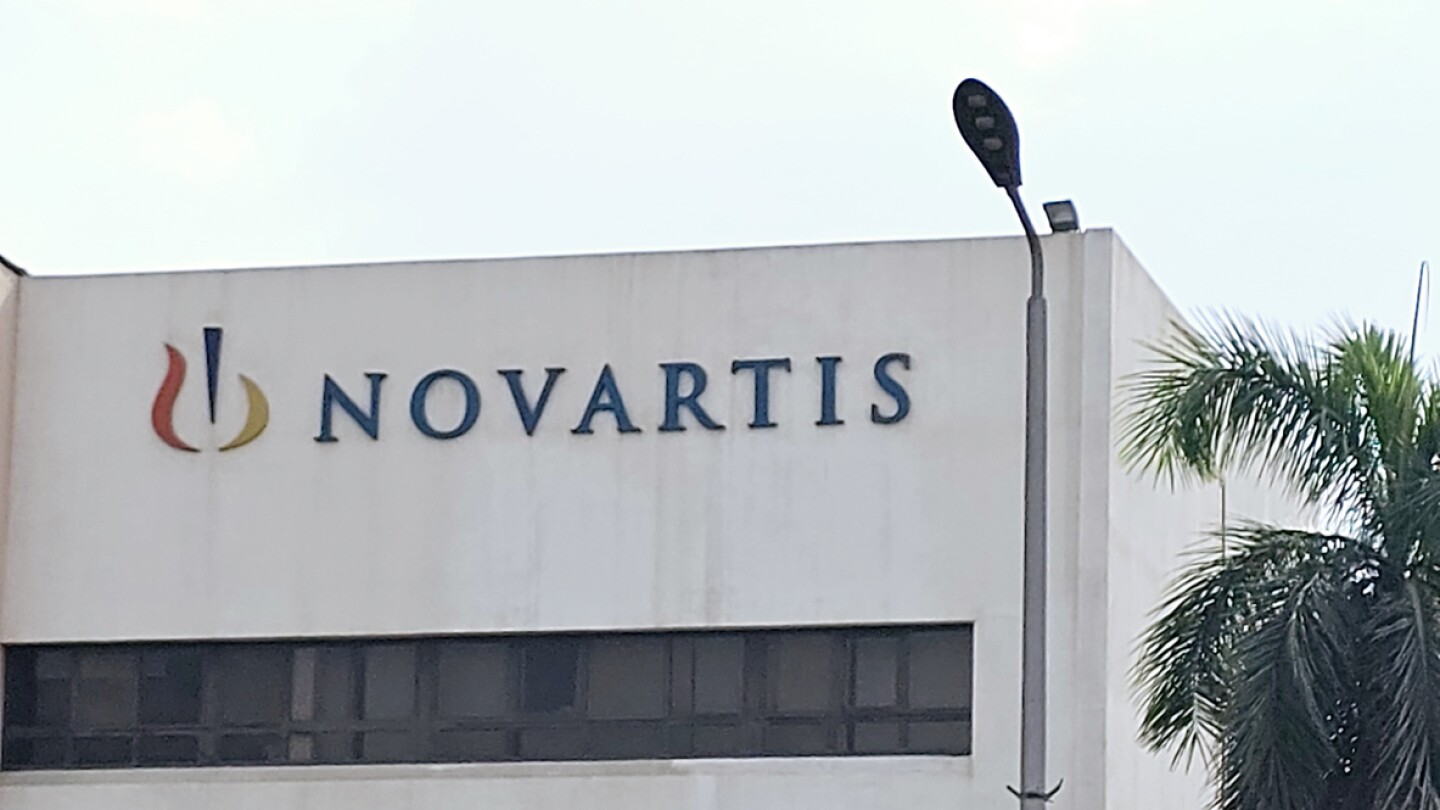News
Against steep odds and well-established paradigms, these four companies have successfully been commercializing their products on their own.
FEATURED STORIES
Seven biotech unicorns are advancing AI-powered drug discovery and development—but must contend with a difficult investing environment where competition is steep and the usual roads to exit are uncertain.
More than thirty years since its 1993 founding, Catherine Owen Adams and Elizabeth Thompson—the R&D combo that has led Acadia since last year—are managing two products on the market and a pipeline estimated to be worth an additional $12 billion in sales.
New data and analyses presented at the American Diabetes Association’s annual meeting highlight the priorities for the next generation of weight loss medicines: muscle preservation, limited side effects and novel targets.
Job Trends
MassBio’s new report outlines several concerns, including NIH cuts undermining the research engine, FDA reductions delaying innovation and trade barriers disrupting supply chains.
FROM OUR EDITORS
Read our takes on the biggest stories happening in the industry.
In the five weeks since Donald Trump returned as U.S. president, the FDA, NIH and CDC have been thrown into disarray, with meetings regarding vaccines and rare diseases canceled or indefinitely postponed—all without a clear reason why.
THE LATEST
These five upcoming data drops could usher in more effective and convenient therapies for Alzheimer’s disease and open up novel pathways of action to treat the memory-robbing illness.
The Commissioner’s National Priority Vouchers aim to offer accelerated pathways to drugs that meet certain criteria, perhaps including a low price-tag. But the policy is vaguely defined and was announced without public input, going against the FDA’s own published practices, experts say.
The collaboration focuses on ‘molecular gates,’ a class of molecules that the startup company Gate Bioscience says can stop pathogenic proteins from leaving the cell.
The European Union’s health regulatory agency did not endorse approving Elevidys for ambulatory patients with Duchenne muscular dystrophy.
The strategic reprioritization comes after the company hit two major hurdles in the past year, including a clinical hold for an investigational gene therapy and an FDA rejection for its lead asset.
CBER is unanimously against Elevdiys’ return to the market without additional evidence, according to media reports citing an anonymous senior FDA official. Given Elevidys’ full approval, however, experts told BioSpace this path would set up a length legal battle between the regulator and Sarepta Therapeutics.
The company didn’t share specific data for the molecule, gefurulimab, but said it hit all endpoints in the Phase III PREVAIL trial and promised to share more at an upcoming scientific meeting.
The partnership with Matchpoint Therapeutics gets Novartis global rights on all molecules for several unannounced inflammatory diseases identified through the biotech’s discovery platform.
Companies sometimes miss the mark when it comes to telling employees they’re out of a job. From accidental goodbyes to surprise meetings, there are many strange ways biopharma professionals have learned about layoffs.
Second-quarter earnings come amid many high-level challenges for the biopharma industry. How will these five closely watched biotechs fare?






















